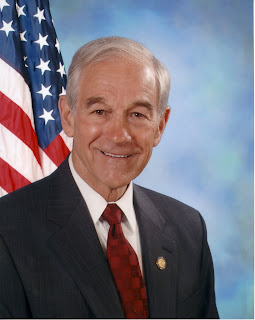The Federal Reserve has taken unprecedented action to provide liquidity to financial markets and some U.S. corporations; however, unemployment remains at 9 percent. The hearing, entitled Can Monetary Policy Really Create Jobs?, will focus on the Fed’s recent actions, the likelihood those actions will reduce unemployment, and the critical role of the private sector in job creation.
While the Obama administration and Democrats in Congress believe increased government spending will improve the nation’s economy, Republicans on the Financial Services Committee know economic growth depends on providing the private sector, especially small businesses, with the certainty they need to create jobs. The Fed’s policies, as well as the Obama administration’s unsustainable debt and spending, continue to prevent small business owners from growing and hiring because of continued uncertainty over new taxes, higher interest rates, and the expanding role of government in the economy.
On November 3, 2010, the Federal Reserve announced that it planned to purchase $600 billion in long-term Treasuries (dubbed “QE2”). This is the second time since the 2008 financial crisis that the Federal Reserve has engaged in quantitative easing. The latest round of quantitative easing, along with the Fed’s action to bailout financial companies, has added trillions of dollars to the government balance sheet.
Scheduled to testify at the hearing:
· Thomas J. DiLorenzo, professor of economics, Sellinger School of Business, Loyola University, Baltimore, Maryland
· Dr. Richard Vedder, professor of economics, Ohio University
· Dr. Josh Bivens of the Economic Policy Institute, Washington, D.C. ###
TEXT CREDIT: Committee on Financial Services • 2129 Rayburn House Office Building • Washington, DC 20515 • (202) 225-7502 For Press Inquiries: (202) 226-0471
IMAGE CREDIT: Ron Paul








No comments:
Post a Comment